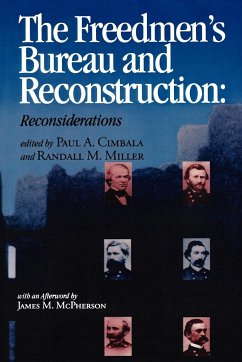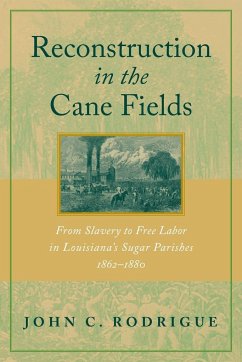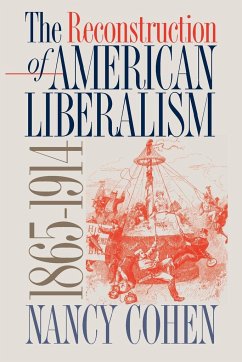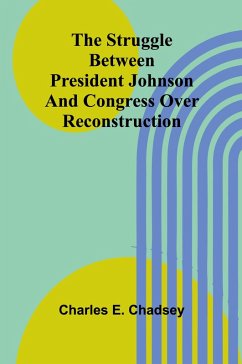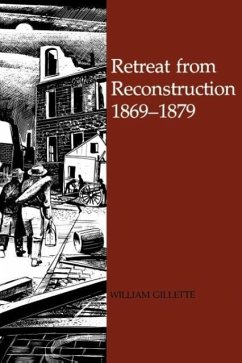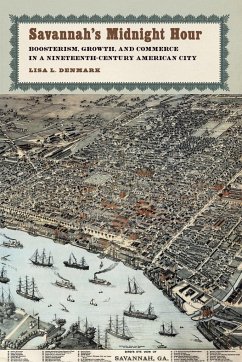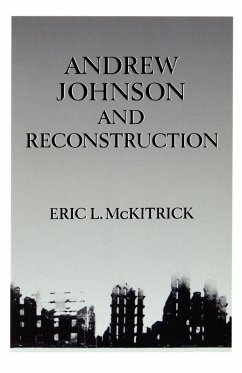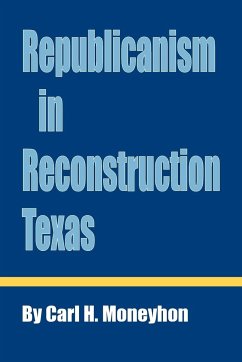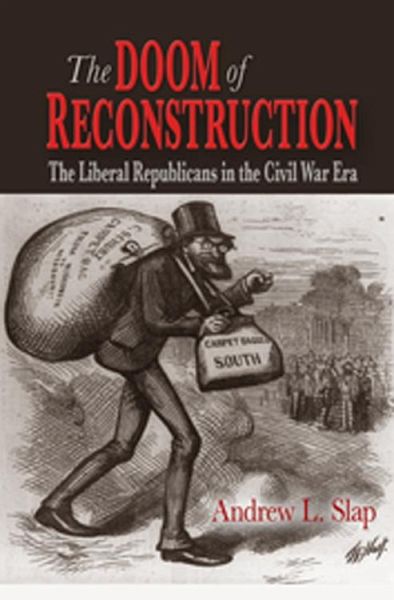
The Doom of Reconstruction
Versandkostenfrei!
Versandfertig in 1-2 Wochen
78,99 €
inkl. MwSt.

PAYBACK Punkte
39 °P sammeln!
In the Election of 1872 the conflict between President U. S. Grant and Horace Greeley has been typically understood as a battle for the soul of the ruling Republican Party. In this innovative study, Andrew Slap arguesforcefully that the campaign was more than a narrow struggle between Party elites and a class-based radical reform movement. The election, he demonstrates, had broad consequences: in their opposition to widespread Federal corruption, Greeley Republicans unintentionally doomed Reconstruction of any kind, even as they lost the election. Based on close readings of newspapers, party d...
In the Election of 1872 the conflict between President U. S. Grant and Horace Greeley has been typically understood as a battle for the soul of the ruling Republican Party. In this innovative study, Andrew Slap arguesforcefully that the campaign was more than a narrow struggle between Party elites and a class-based radical reform movement. The election, he demonstrates, had broad consequences: in their opposition to widespread Federal corruption, Greeley Republicans unintentionally doomed Reconstruction of any kind, even as they lost the election. Based on close readings of newspapers, party documents, and other primary sources, Slap confronts one of the major questions in American political history: How, and why, did Reconstruction come to an end? His focus on the unintended consequences of Liberal Republican politics is a provocative contribution to this important debate.



